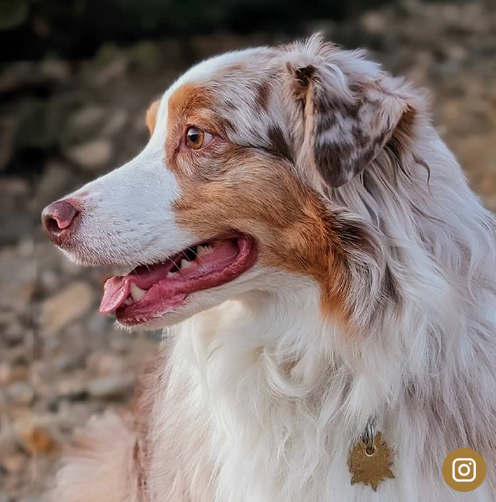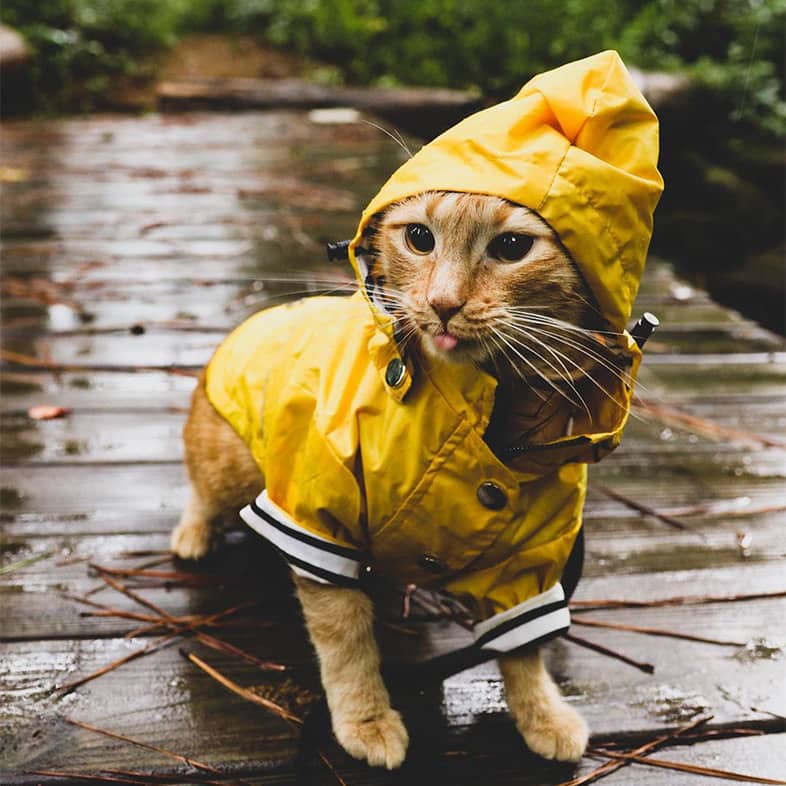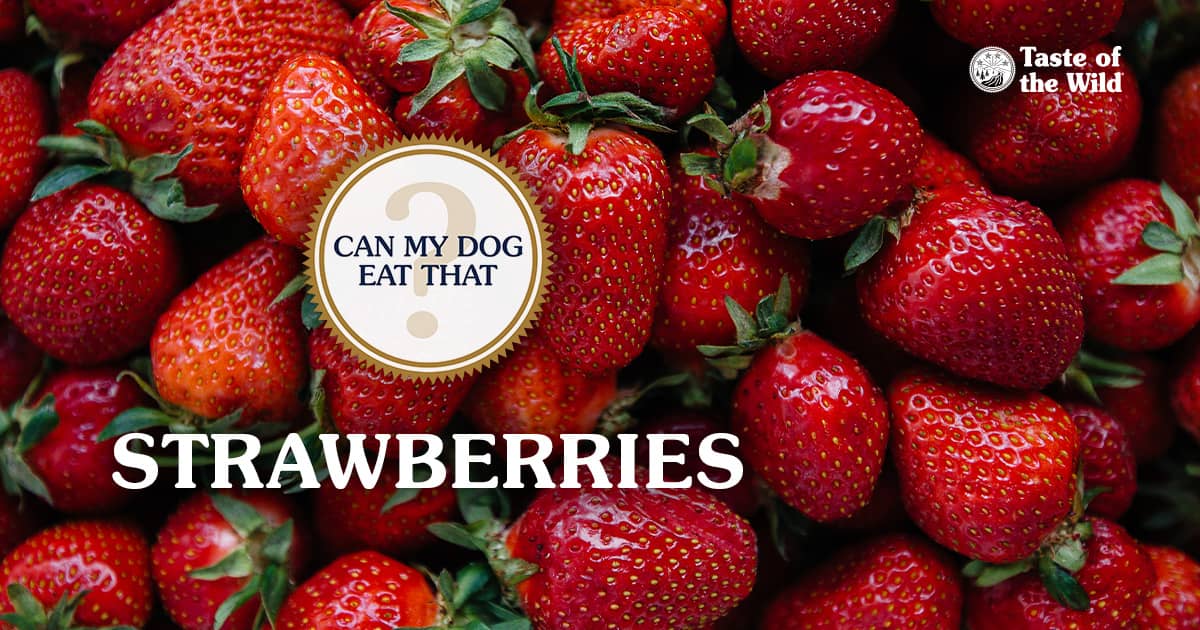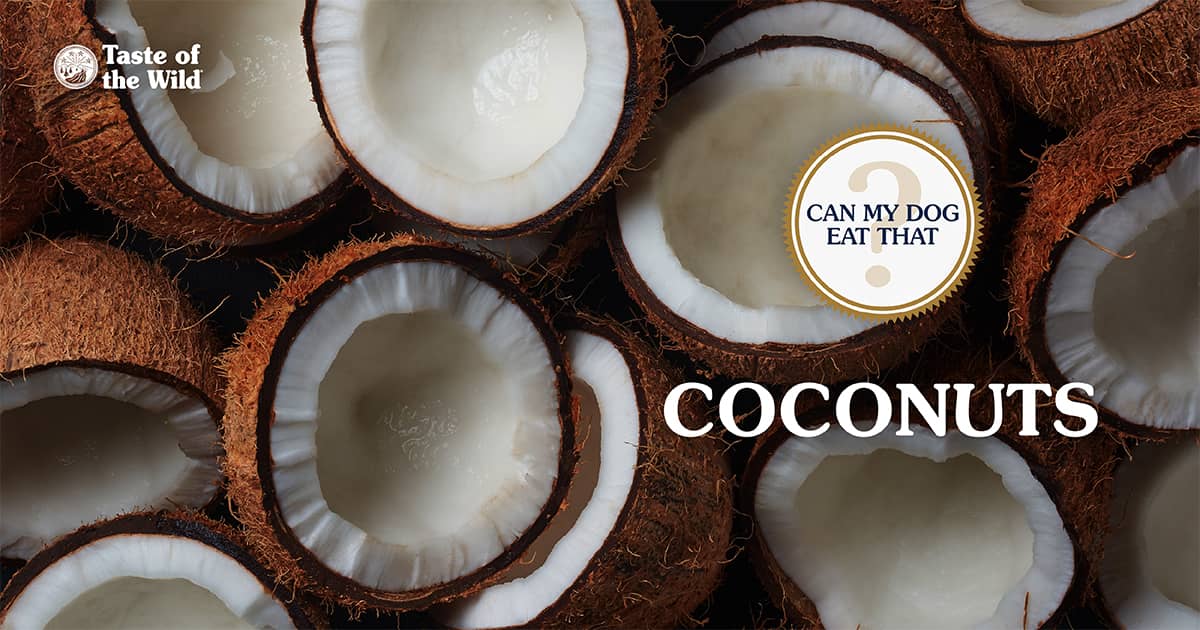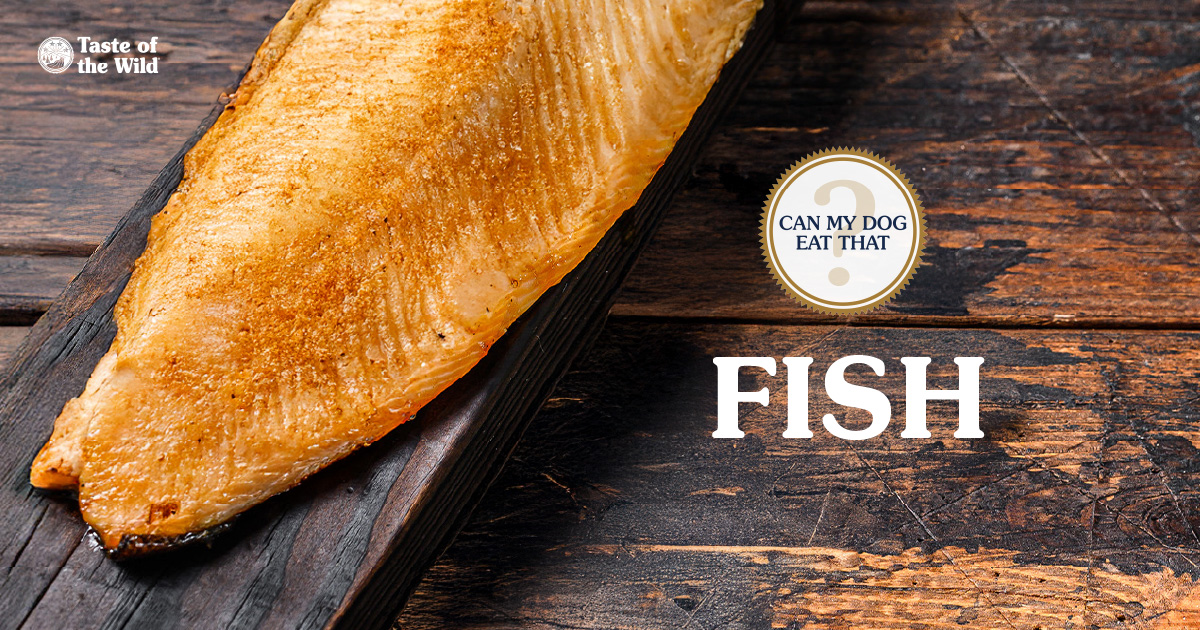Can My Dog Eat That? Carrots
Thursday, March 7, 2024 | Can My Dog Eat That
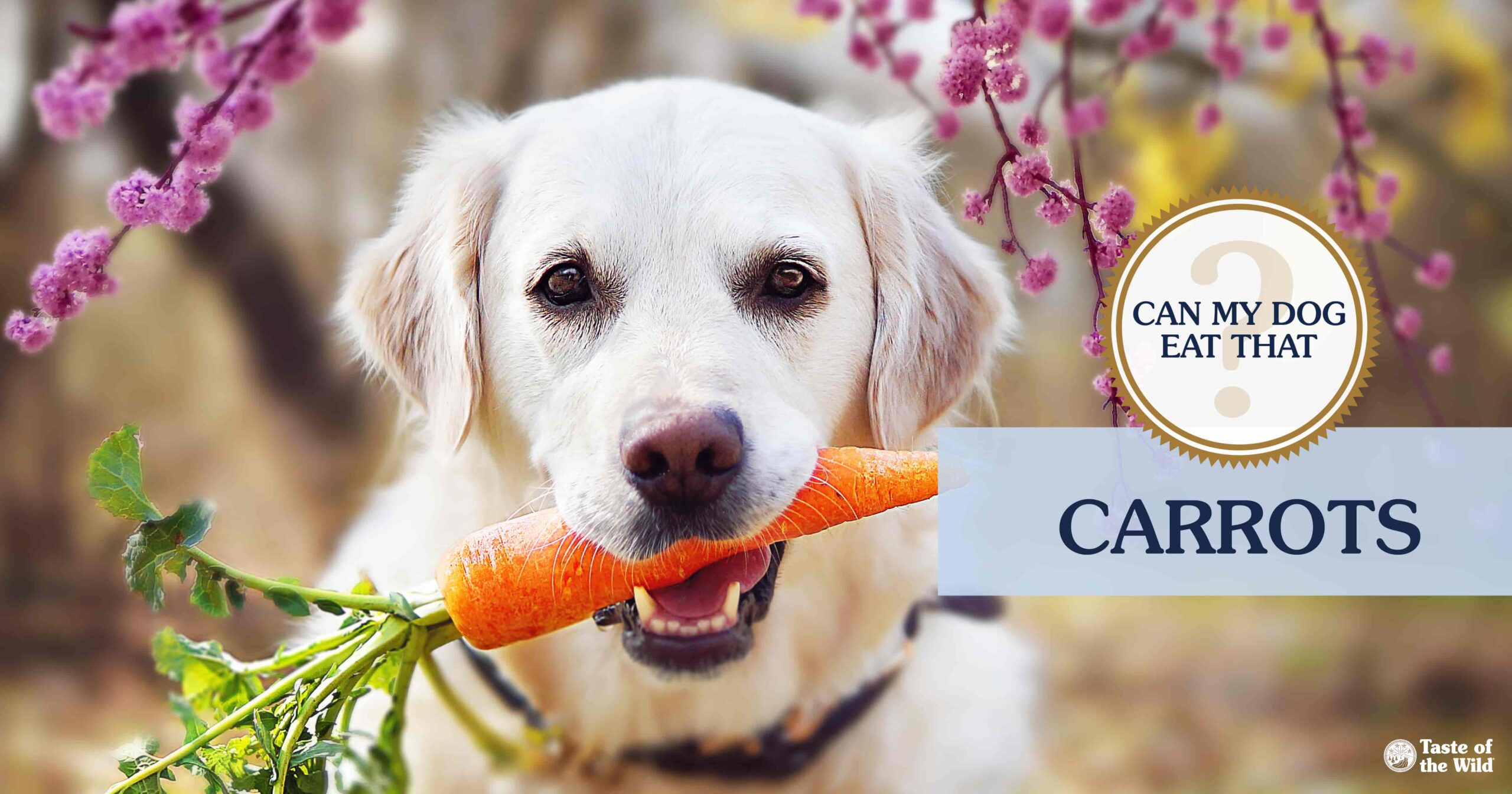
Welcome to “Can My Dog Eat That?,” our series that answers some obvious (and not-so-obvious) questions about what your dog can and can’t safely eat. You can view some of the previous foods we’ve looked at in our “Can my dog eat that?” guide. Today we answer the question “Can dogs eat carrots?” Read on!
If you’re looking for a healthy snack for your dog to supplement their dog food, fruits and vegetables (like broccoli) are a great choice — particularly if your dog is tipping the scales in the wrong direction and you’re looking for a low-calorie treat. But not all fruits and vegetables are safe for dogs. So what about carrots? They’re healthy for most humans, but are they good for dogs?
Can My Dog Eat Carrots?
Yes, dogs can eat carrots! As long as they don’t have any seasonings or toppings, they make a great low-calorie alternative to treats. Much like cucumbers, most dogs love the texture of carrots and that classic carrot crunch. As with most things though, make sure you feed your dog carrots in moderation, as they are high in natural sugars.
There Is a Carrot Caveat, Though
You can add carrots to your dog’s diet, but make sure that carrots (and other treats) make up no more than 10 percent of your dog’s daily calorie allowance. Also, it’s always a good idea to ask your veterinarian before adding anything new to your dog’s diet or before switching dog food.
Are Carrots Good for Dogs?
Yes, carrots are a healthy snack for dogs. Carrots are a good source of fiber, certain vitamins and minerals and other nutrients. Their orange color comes from beta carotene, which produces vitamin A and is a powerful antioxidant. The nutritional benefits of carrots are why they’re often used as an ingredient in commercial dog foods.
Can Dogs Eat Raw Carrots?
If you find your dog in the garden chewing on a freshly dug-up carrot, don’t panic. It’s OK for your dog to chomp on the leafy green tops of carrots, the carrot skin and the raw carrot itself. Hopefully they left some in the garden for you!
If you have store-bought carrots, you can also feed those to your dog without cooking them. Just give the raw carrots a wash first or peel them. It’s also a good idea to chop them up into bite-size chunks of carrot, as raw carrots could be a choking hazard, especially for small dogs.
Can Dogs Eat Cooked Carrots?
Sure! It’s fine for your dog to eat plain cooked carrots. You can boil, steam, microwave, roast or use any other method to cook carrots for dogs. You could even get fancy and julienne them first. However, make sure they’re plain carrots — don’t give your dog carrots that have seasonings, butter or oil on them. You should especially avoid any seasonings or flavoring that contain ingredients that are toxic to dogs like garlic and onion.
Can Puppies Have Carrots?
Yes, your pup doesn’t need to miss out — they can eat carrots as a healthy treat, too. Just make sure that, raw or cooked, you cut the carrot up into puppy-sized pieces so your puppy doesn’t choke on it. Carrots may even help teething puppies feel better. If you put bite-size pieces in the freezer, the frozen carrots may help soothe your dog’s teeth when they’re feeling discomfort from teething.
What About Carrot Cake, Carrot Juice or Carrot Soup?
Can dogs eat carrots when they’re used as an ingredient in people food? It depends on what else is in the food. Carrot cake is off the list because it often contains a generous amount of sugar, which isn’t healthy for dogs. It may also contain the artificial sweetener xylitol which is toxic to dogs. Similarly, with carrot juice and carrot soup, it depends on what else is in them. If you aren’t sure of the other ingredients, it’s best to avoid feeding the carrot-containing food to dogs.
So, Can Dogs Eat Carrots?
Yes, you can feed carrots to your dog. Raw or cooked carrots are safe for dogs and can be used as a healthy snack (when cut into small pieces), much like other vegetables such as corn or peas. They’re a common ingredient in commercial dog food and are perfect for an occasional treat.

The information in this blog has been developed with our veterinarian and is designed to help educate pet parents. If you have questions or concerns about your pet’s health or nutrition, please talk with your veterinarian.
